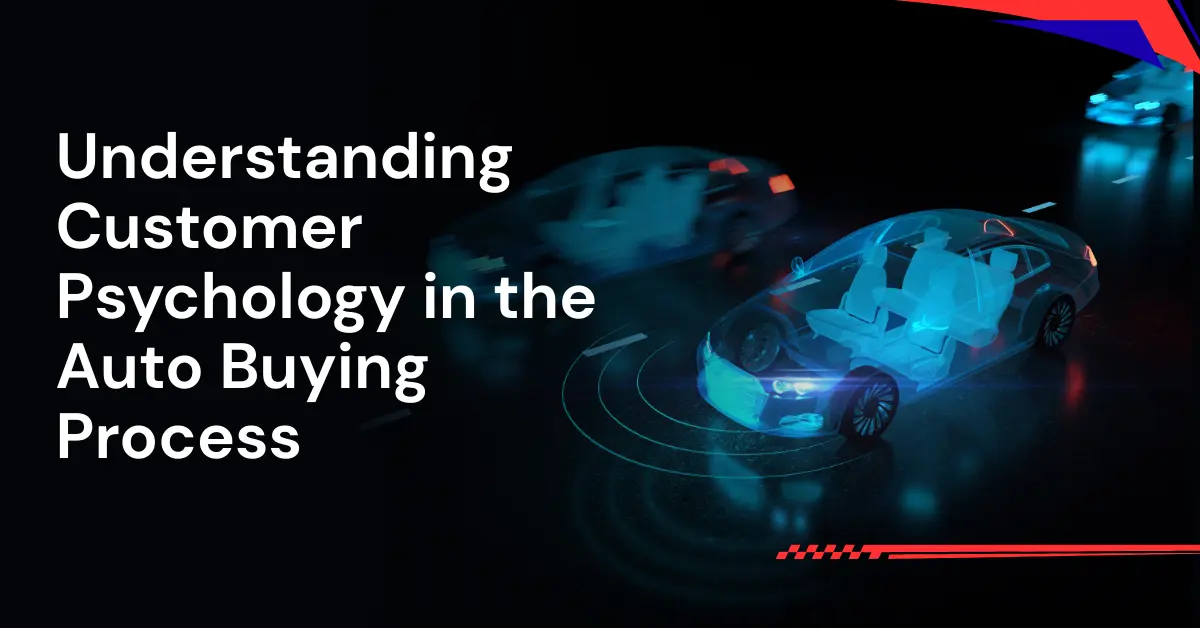
The auto-buying process is more than just comparing prices and features; it encompasses emotions, preferences, and needs. Salespeople must be familiar with return policies to establish trust, alleviate potential concerns, and help customers make this important purchase. This article focuses on strategies for engaging with customers, understanding what motivates them, and enhancing selling skills for better results.
For many buyers, purchasing a vehicle is primarily an emotional experience. Choices are often influenced by excitement, pride, or anxiety. For example, a flashy new car may symbolize power or freedom, while a family car represents reliability, maturity, and security.
For auto sales professionals, understanding these emotions is crucial. If a customer appears anxious about their decision, guide them by exploring financing options or the long-term value of the vehicle. Conversely, if a customer is excited about a sporty model, focus on performance and style.
Pro Tip: Pay close attention to body language and tone of voice to better understand a customer’s emotions.
Customers purchase vehicles for different reasons. Some prioritize fuel efficiency and safety, while others seek luxury or style.
How to Identify Needs:
Pro Tip: Don’t assume every client shares the same priorities. Customize your presentation to their preferences.
With so many options available, customers can feel overwhelmed, leading to decision fatigue.
How to Help:
The look, feel, and even smell of a vehicle can significantly influence decisions.
Ways to Utilize Sensory Appeal:
Example: “Notice the leather texture and the sound insulation in the cabin; it’s designed for long-distance comfort.”
Customers may fear making the wrong choice or worry about cost. Addressing these concerns helps them feel at ease.
How to Overcome Barriers:
Understanding customer psychology is key to success in auto sales. By recognizing emotions, building trust, and focusing on customer needs, you can create a positive and fulfilling purchase experience. Selling a car is not just about the transaction—it’s about connecting with people and guiding them to the right decision. Mastering customer psychology leads to stronger relationships and increased sales.
It allows you to connect with customers and earn their trust, improving the buying experience.
Excitement, pride, and anxiety strongly impact decision-making and should be addressed.
Trust enables customers to feel secure about their purchase without fear of regret.
Limiting options helps customers focus on the right vehicle instead of feeling overwhelmed.
Engage in active listening, observe preferences, and tailor your approach accordingly.